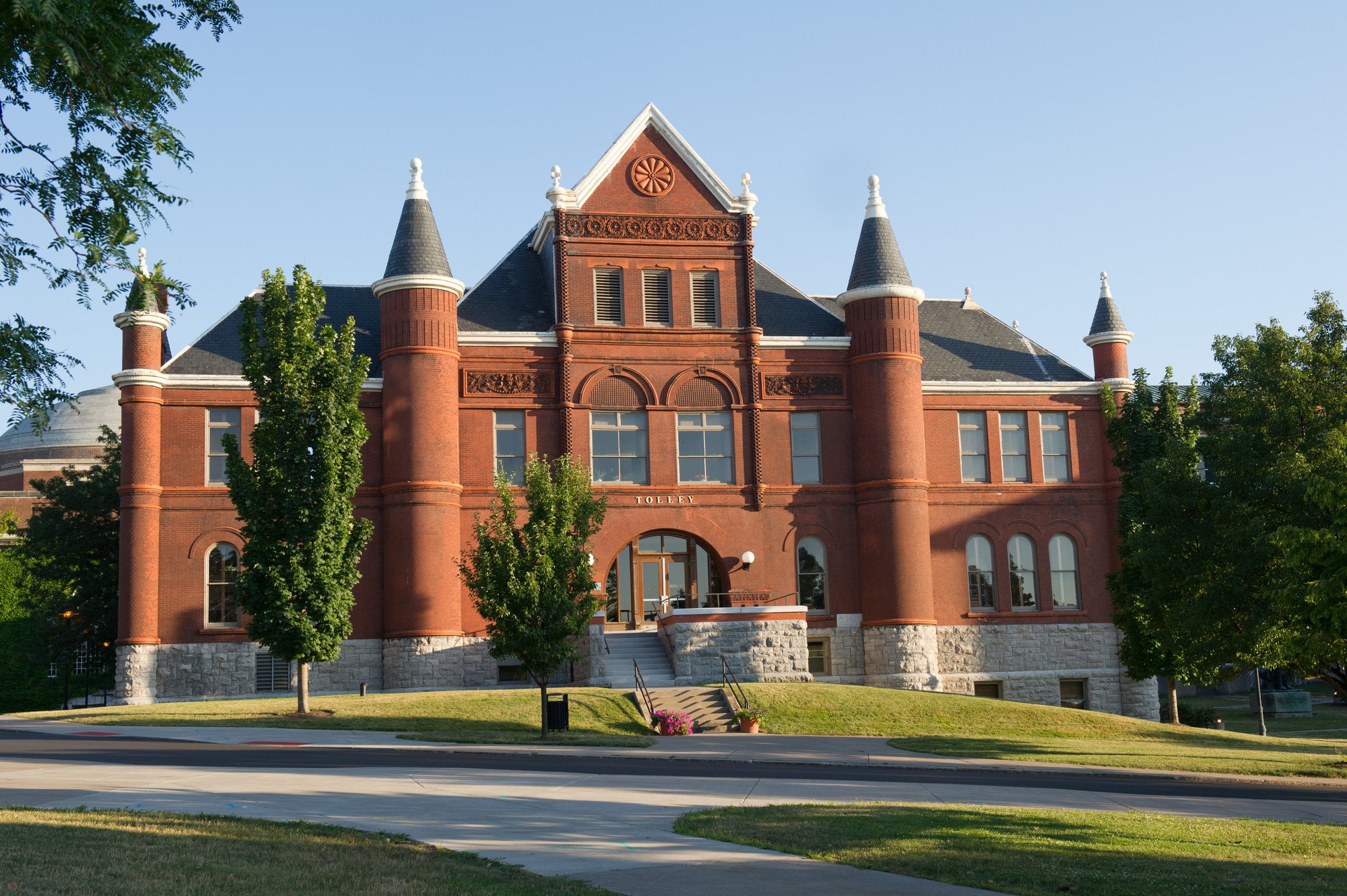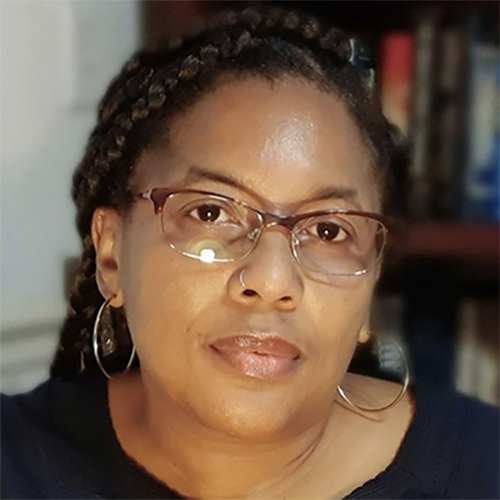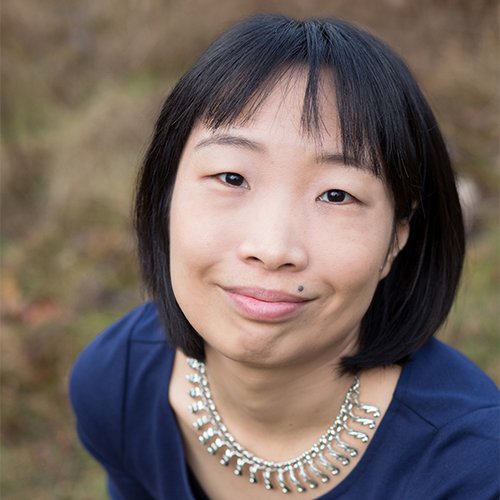Exploring Questions of Resilience and Resistance
Humanities Center supports four faculty fellows whose research encompasses Dominican fishing communities navigating climate change, literacy programs for formerly incarcerated individuals, Black resistance movements and Indigenous environmental knowledge.

As the National Endowment for the Humanities notes, the humanities belong to everyone. They offer lenses through which to understand the implications of scientific discovery, technology, culture, history and the complex world around us. Literature, philosophy, history, rhetoric, Indigenous studies, and other areas provide us with tools to address important questions facing people and the planet, such as the impacts of climate change, strategies for strengthening community, storytelling and literacy, emancipatory research practices, and wellness and identity. These are the kinds of questions the Syracuse University Humanities Center’s Spring 2025 Faculty Fellows are taking up in their research.
Each year, the Center awards up to four highly competitive fellowships, empowering the selected faculty to pursue innovative scholarship in their fields. Fellowships include dedicated research time and funding during a semester in residence, with three awards reserved for College of Arts and Sciences humanities faculty, including one aligned with the annual Syracuse Symposium theme, which this year is “COMMUNITY,” and one designated for a Maxwell School of Citizenship and Public Affairs faculty member. These awards reflect the Center's commitment to leading the way in facilitating humanities scholarship that encourages critical thinking, new perspectives and interdisciplinary connections.
“Every spring, we are so delighted to support a cohort of Faculty Fellows engaged in cutting-edge scholarship,” says Vivian M. May, director of the Humanities Center and CNY Humanities Corridor, and professor of women’s and gender studies. “This year’s Fellows ask important questions about how to engage in ethical research, how best to use storytelling to advance the needs and well-being of different communities, and how to think in new ways about the environmental humanities by engaging with a range of worldviews and experiences. Seeing how the humanities help us arrive at innovative ways to understand global conditions, and forge connections, is so important in today’s world.”
Meet the Faculty Fellows
Kyrstin Mallon Andrews, Assistant Professor, Anthropology, Maxwell School of Citizenship and Public Affairs

Kyrstin Mallon Andrews was selected as the Maxwell Humanities Faculty Fellow for her book project, "Crosscurrents of Risk: Navigating Changing Climates, Health and Conservation in Dominican Seascapes." Based on two years of ethnographic field research in a northwestern Dominican fishing community, Mallon Andrews examines how diver fishermen contend with both shifting ocean ecologies and restrictive conservation policies. Mallon Andrews’ book reveals how the overlapping experiences of bodily risk and environmental vulnerability illuminate a critical disconnect: those on the front lines of changing climates are often those most marginalized by prevailing conservation discourses. Mallon Andrews speaks to urgent questions about the relationship between human and environmental health, maritime studies and the persistent influence of colonial structures in Caribbean communities.
Patrick W. Berry, Associate Professor, Writing Studies, Rhetoric and Composition, College of Arts and Sciences

Patrick W. Berry was selected as this year's Syracuse Symposium Faculty Fellow for his born-digital monograph project, "Literacy and the Humanities after Prison." His research analyzes the supports available to those impacted by the criminal legal system and examines how literacy and humanities programs can help this population rebuild their lives. Building on groundwork established through Project Mend, a humanities-based program for formerly incarcerated people and their families, Berry explores how narrative and community can help participants reimagine their identities. Project Mend’s semester-long workshops provide participants with editorial experience and community dialogue, culminating in their work on Mend, a national anthology featuring writing by justice-impacted individuals.
Alicia K. Hatcher, Assistant Professor, Writing Studies, Rhetoric and Composition, College of Arts and Sciences

Alicia K. Hatcher was selected as a Humanities Faculty Fellow for her book project, "Articulating and Interrogating Black Embodied Resistance: Using Performative Symbolic Resistance as a Tactical, Analytical Tool." Her monograph introduces the concept of Performative Symbolic Resistance (PSR) as a framework to analyze individual acts performed by activists in their efforts to combat social injustices. Hatcher defines PSR as the use of specific motions or acts to symbolize protest socially constructed systems of oppression. Her work situates PSR as both a descriptive term and an analytical tool that scholars, practitioners and students can use to examine how performance, performativity and symbolism function in resistance movements, with particular attention to Black embodied resistance practices.
Chie Sakakibara, Associate Professor, Native American and Indigenous Studies and Geography and the Environment, College of Arts and Sciences | Maxwell School of Citizenship and Public Affairs

Chie Sakakibara was selected as a Humanities Faculty Fellow for her project, "Exploration of the Indigenous Environmental Humanities: Community Resilience, Sovereignty and Climate Change on Turtle Island." Sakakibara serves as a volume editor of a collaborative manuscript resulting from the 2023 Ray Smith Symposium on "Indigenous Resilience, Climate Change and the Environmental Humanities." This anthology brings together voices of Indigenous environmentalists, artists and activists from Central New York, Alaska, Oklahoma and California in conversation with students, faculty and community members from Syracuse University and beyond. Grounded in the environmental humanities, the project aims to facilitate research sovereignty and knowledge emancipation pursued by Indigenous community members themselves.
Related Content: Azra Hromadžić, former Humanities Center faculty fellow (2020-2021), offers a multi-layered exploration of what she describes as a “riverine citizenship,” drawing on history, politics, memories and love in Riverine Citizenship: A Bosnian City in Love with the River.
Joan Bryant, former Humanities faculty fellow (2016-2017), releases a new book that explores interpretations of race from the past titled Reluctant Race Men: Black Challenges to the Practice of Race in Nineteenth-Century America.
Amanda Brown, former Humanities Center faculty fellow (2019-2020), explores the role of multimodality in second and foreign language teaching, learning, and use in her newly-released book, Multimodality across Epistemologies in Second Language Research, co-edited with Søren Wind Eskildsen.
About the Syracuse University Humanities Center
The Syracuse University Humanities Center’s mission is to advance humanities research, showcase the humanities as a public good, and enhance the scholarly community by bringing people together to confront some of the most pressing issues of our time.
Faculty fellowships, which provide faculty with the time and resources to delve into and advance their research, are core to the Center’s diverse programs designed to enhance humanities research and engagement, including Syracuse Symposium, the Central New York Humanities Corridor, visiting professorship opportunities and other forms of valuable support.
Featured
Patrick Berry Associate Professor, Writing and Rhetoric
Alicia Hatcher Assistant Professor
Chie Sakakibara Associate Professor, Geography and the Environment
